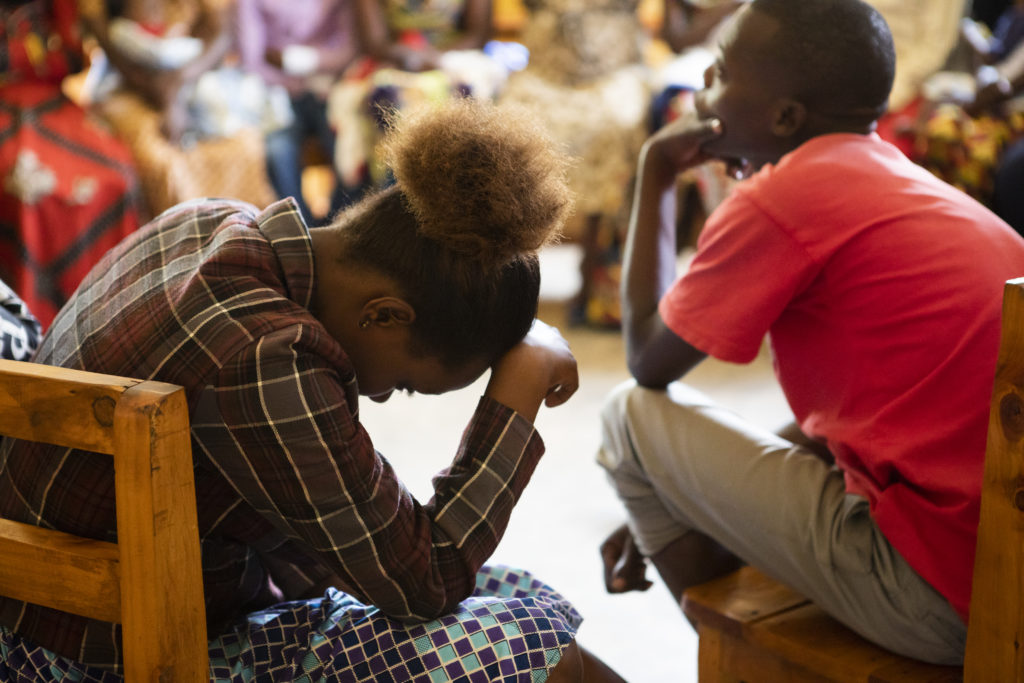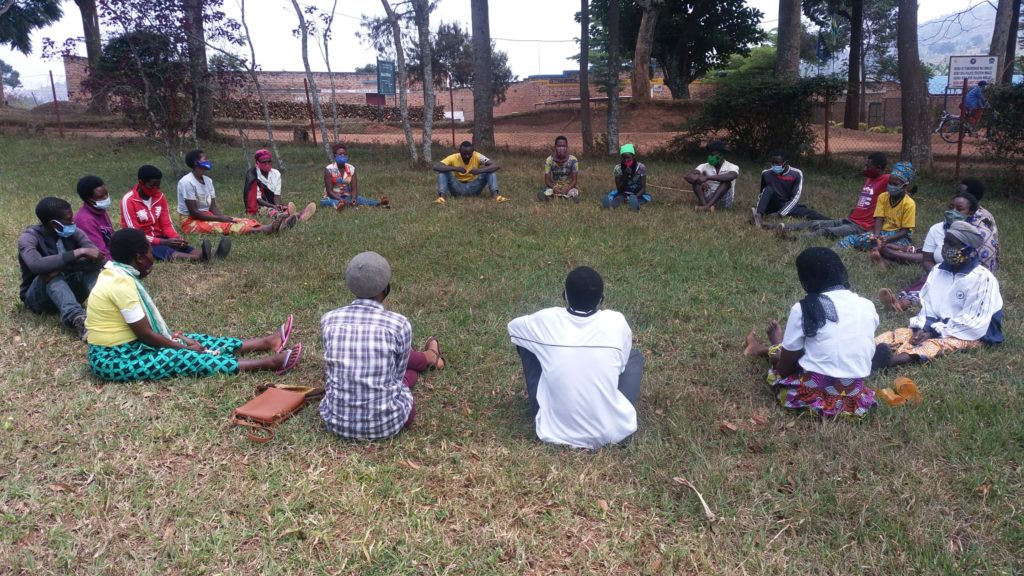Ever since the novels Vanity Fair (1847) and Jane Eyre (1848), the orphan has been a standard fixture in literature. From Oliver Twist to Harry Potter, via Tom Sawyer and David Copperfield, readers have followed the difficult lives of vulnerable young people as they are forced to make their way in the world. Over the years, and in a million bedtime stories, children have shivered with fear as they contemplate what it would be like to suddenly be orphaned.
We may not live in Dickensian times now, but it is still tough being an orphan, especially in a poor country where family networks are even more vital for emotional and practical survival. In the course of our work in Rwanda, we are especially conscious of the challenges facing genocide orphans. Many of them deal with the added trauma of having witnessed their parents meeting a violent death.

With our excellent local partner, the Survivors Fund (SURF), we provide counselling support for hundreds of vulnerable orphans. Through socially-distanced group counselling, through house calls and by telephone, we try to equip people with the psychological tools they need to negotiate a world in which they are, by definition, outsiders.

The story of Chantal (not her real name) could have been plucked from Victorian times. Most of her family were killed in the 1994 genocide. Her mother remarried and started a new family. She treated Chantal like a slave, so the girl left their village, heading for the capital, Kigali. There, Chantal hoped to find work as a domestic servant. She met an older man who made a fuss of her, offering her refuge and compassion in a harsh world. But when she became pregnant, the man vanished, forcing her to return to the village. Unable to bear the shame and hostility of her mother’s new family, she moved to another village, struggling to make ends meet, and feeling increasingly isolated.
A Sense of Hope
When we met Chantal, she had attempt suicide, and was living in dire circumstances. She suffered from chronic headaches, loss of hope, flashbacks, insomnia and loneliness. However, once she started to receive counselling, she says she regained a sense of hope:
“My past difficulties became a lesson not only to me but to other young ladies who might have the same case as mine, but at least now I have a child who comforts me. I am a mother, this is my family. I get a smile, jokes and value from my child. This counselling group is my source of self-acceptance and new life.”
Chantal has started to find positive resources to draw on in her life, planning for a better future for herself and her family. Counselling techniques are helping her to deal with intrusive thoughts and to cope better with stress. After getting home visits and individual counselling, she is opening up and talking more. Life is still a struggle, but she does not feel alone now.
The Big Give Winter Campaign
Click here to watch our video – it provides more information on why our mental health project in Rwanda is so important, and details of the Big Give Winter Campaign. Please help us to continue this work.
From December 1st – 8th, any donation you make through the Big Give scheme will be doubled. Please go online from 12 noon UK time/7am ET/4am PT onwards to donate. The earlier you visit the site, the more likely there will be funds in the pot to double your contribution. Thank you so much for sticking with us through this challenging time.
I’d Like to Donate to N4A’s Big Give Campaign